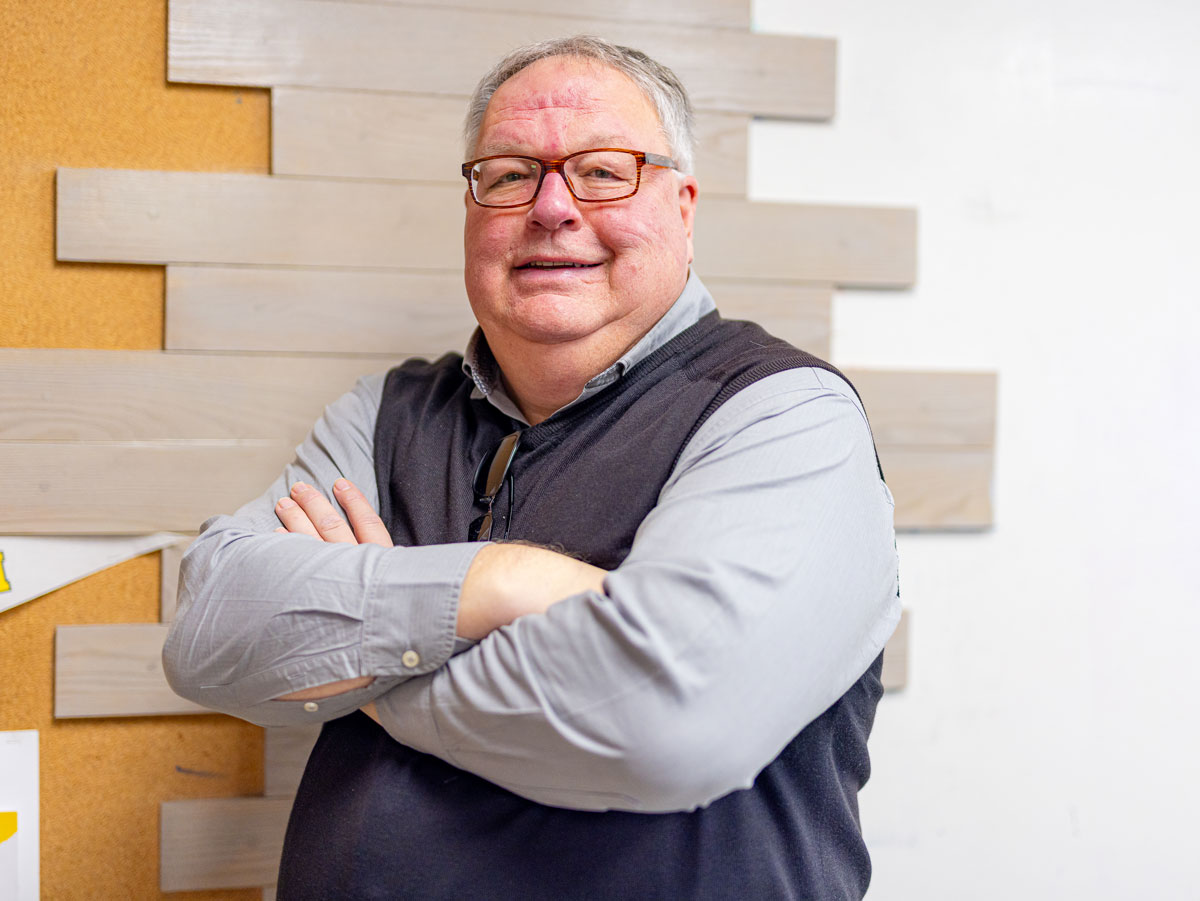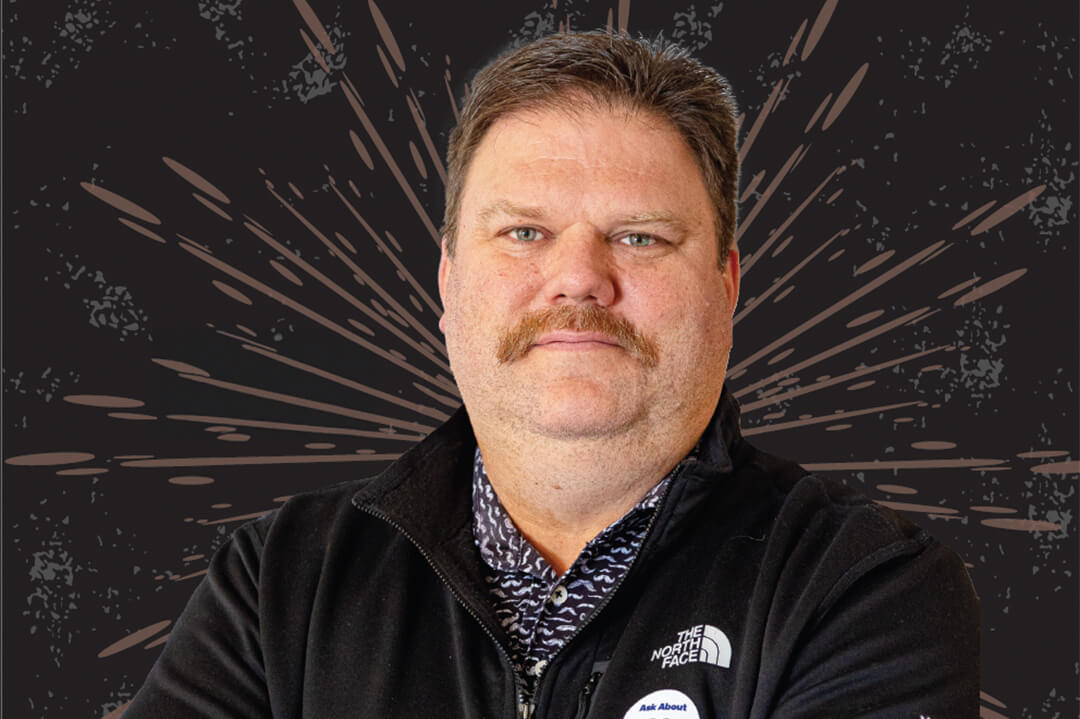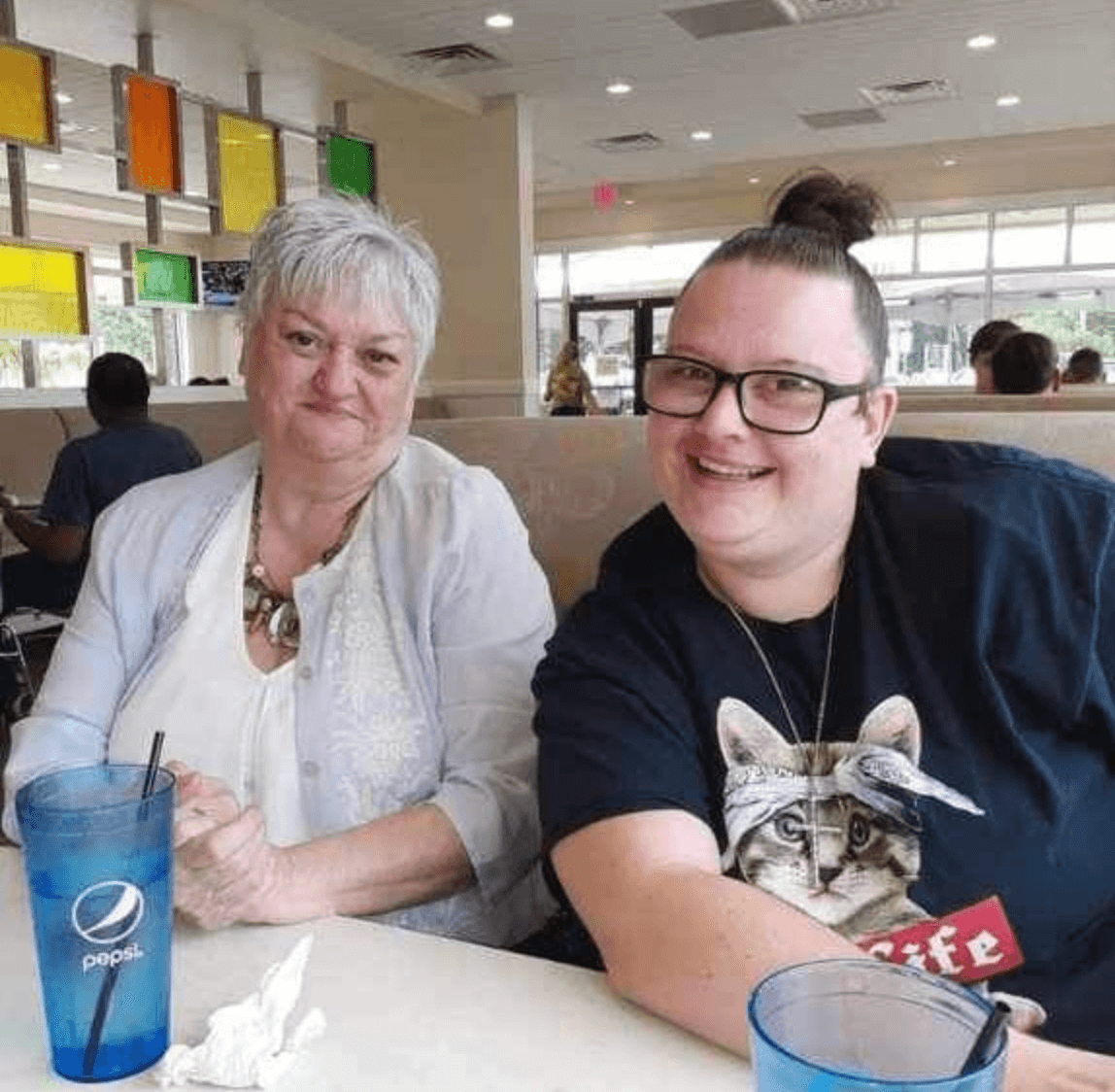WHEN NEIL Jackson was admitted to the hospital to undergo cancer surgery, he had no idea what life would look like on the other side. He did not realize his journey to recovery would take him to the darkest moments of his life. His surgery ultimately brought him a personal quest that he hopes will one day give freedom to other people facing prescription opioid addiction.
Jackson was diagnosed with a rare cancer. His doctors found an 8 ½-pound tumor wrapped around his spine, pelvis, and hip. Jackson underwent 23 hours of internal surgery at Massachusetts General Hospital in Boston and ended up losing a good portion of his spine and his left leg, along with having his pelvis removed and replaced. Most of us would hear that story and be amazed that Jackson survived. He has a different perspective.
Jackson said about his surgery, “I wouldn’t trade it for the world. It was the best thing that ever happened to me.” He added that he knew, “If I come out the other side, God will have a mission for me.”
Following surgery, Jackson’s doctors prescribed him several strong opioid pain relievers. Among his pain medications, it was a prescription-strength fentanyl patch that brought him the most stable pain relief. Jackson noted that, unlike oral drugs, which tend to lose some dosage strength going through one’s digestive system, the fentanyl patch administers the drug through the skin directly to the bloodstream and the brain’s pain receptors.
Over the seven years following his surgery, Jackson found himself becoming more and more addicted to the fentanyl patch, eventually being prescribed the highest dosage available.

Jackson said that as the addiction grew, so did his depression, anxiety, and even suicidal thoughts. In the middle of the darkness of his addiction, two things saved him: not wanting to cheat his family by taking his life and a 2017 report from former President Donald Trump regarding opioid addiction.
While Jackson watched the report on TV, he found himself realizing his addiction was out of control and decided he needed to do something to stop it — for him and potentially for others around the nation. The patented FenBlock barrier technology was born.
Jackson is the founder and CEO of N Brereton Medical Technologies LLC. He explained that the FenBlock barrier is designed to gradually reduce the dosage given through a prescribed fentanyl patch by physically blocking a portion that is designed to increase in size proportionate to the total surface area of the fentanyl patch.
As the 2017 Trump administration report explained, addiction to fentanyl and other pain-relieving drugs is a national crisis. About 40% of those who develop opioid addictions do so from prescription drugs, and many find themselves using illicit fentanyl or other narcotics. Jackson believed his situation and others like him needed a seat at the table in communities around Virginia and nationwide where solutions were being discussed.

Jackson explained that if a patient were to ask their doctor to taper off the dosage of a fentanyl patch, the reduction of medication could be as much as 25% in the first round — he warned that it’s too much of a change too quickly. The FenBlock barrier design begins its tapering at only 5%, gradually increasing to weaning a patient off the powerful narcotic while minimizing withdrawal symptoms. Jackson put his FenBlock barrier idea to work on himself. He was able to get to the point of eventually eliminating his need and, more critically, his addiction to the drug. FenBlock worked!
His research over the past five years produced his prototype. Jackson partnered with science research and manufacturing giant Solventum to develop the material from which the FenBlock is made. Jackson received endorsements from former President Trump, Virginia House of Delegates member Wendell Walker, doctors, and others in the health care industry. He holds three patents for the FenBlock patch and recently completed the book “Self-Cured Addict,” which tells his and FenBlock’s story.
Earlier this year, N Brereton Medical Technologies LLC partnered with Kymanox, a leading life science solutions partner headquartered in Raleigh, North Carolina, to accelerate the development and commercialization of FenBlock. Jackson is also awaiting review and approval from the Food and Drug Administration so the companies can move ahead with production.
Jackson’s next step is to raise capital, preferably from “local angels” who recognize the immediate need and extensive market opportunity by solving this large national epidemic. Jackson wants to see FenBlock become a Virginia product and “a win for Virginia!” GN













































































